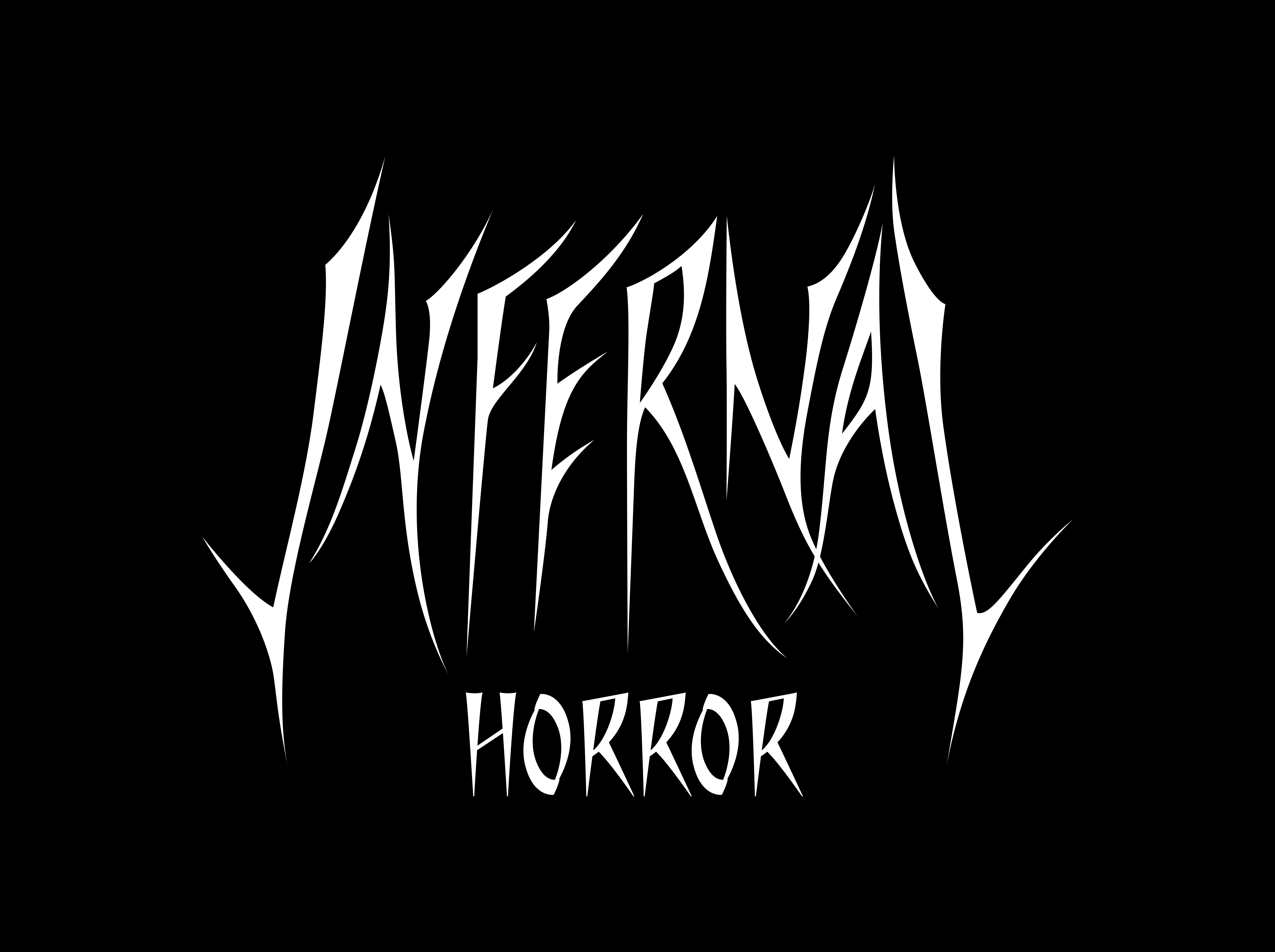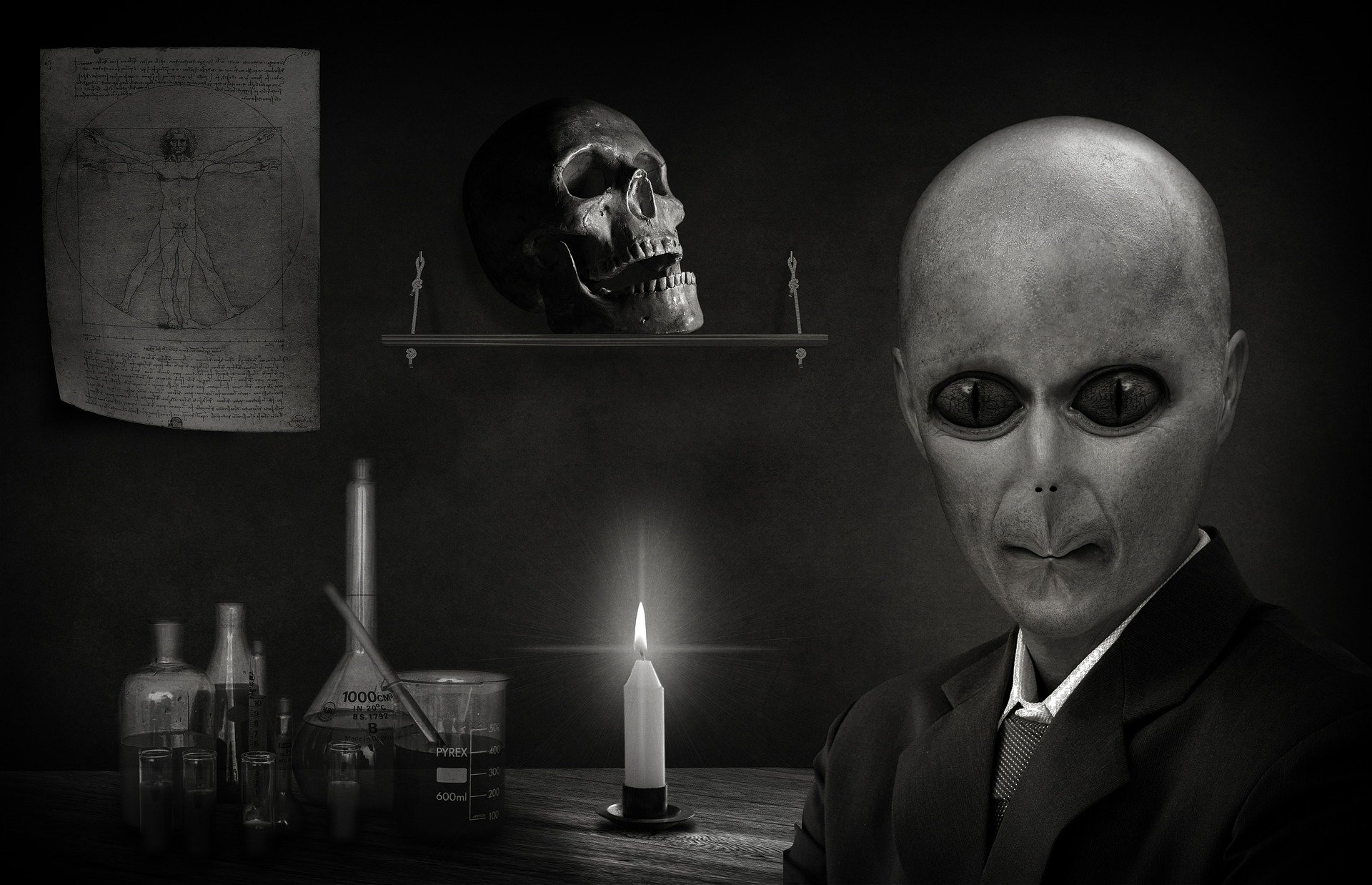Featured image credit: Image by Comfreak from Pixabay
Politics and the pandemic has changed us. We no longer trust the government, our family, or anyone.
What does that mean? Conspiracy theories!
So this is a topic I always struggled with. That’s because I think conspiracy theories are interesting. Hell, The Howling of the Dead was largely based on conspiracy theories.
Keep in mind, I didn’t say I believe them, just that I find them interesting. With that being said, I always found those who believed them to be crazy and honestly kind of stupid.
I had a revelation when I was watching this ReignBot video. She said something that resonated with me — “…I thought back to the good ol’ days when conspiracy theories were mostly harmless.”
Wow. Conspiracy theories caused lots of the chaos that’s happening in the world today, such as people refusing to wear masks (which causes the spread of COVID-19) all the way to people not believing the election results (causing hordes of protestors to invade the U.S. Capitol Building).
So, what is the line between finding conspiracy theories interesting and causing harm to yourself and others?
Conspiracy Theories Were Once Harmless?
Once upon a time, conspiracy theories were pretty harmless. They were things your crazy uncle would spout out during Thanksgiving dinner, at the worst.
Coming from a writer, a good chunk of conspiracy theories are based on folklore, such as aliens and demons. These aspects aren’t inherently dangerous — it’s when you put a person in power who believes this stuff and then attracts a cult-like following is when the red flags start appearing (we will discuss this more in-depth later).
A healthy-minded person sees conspiracy theories as a “what if” scenario, which largely inspires fictional works (such as The Howling of the Dead).
Why Some People Enjoy (Not Believe) Conspiracy Theories
Sure, you may not read up on a conspiracy theory and write a book about it. But conspiracy theories do offer us more than you think.
Conspiracies are ridiculous for a reason. That’s because they’re largely based on folklore, myth, legend, and fiction — as I said previously. A rational minded person will research this crazy stuff because they find it as interesting as horror movies or other entertainment mediums.
While we access more information today than ever, many aspects of our world are shrouded in mystery. To answer these questions, we turn to fiction, mythology, religion, spiritualism, and other aspects that extend beyond the realms of reality. Now, conspiracy theories are wedging into that category.
Sure, many people come across conspiracy theories wanting answers to life’s most pressing questions, and then start believing in them. But there are those who read up on these theories, only to still understand the distinction between reality and fiction.
When Conspiracy Theories Become Dangerous
Sure, there are those who become curious when they hear our government officials supposedly worship Satan and have to figure out what that’s all about. But when does it draw the line? As stated previously, conspiracy theories become dangerous when someone in power spreads these beliefs to the masses. But what makes this so dangerous?
Misinformation and Mistrust
We’re living in the age of mistrust. At least in the U.S., trust in the government only continues to decline. While it’s normal to question what you’re told, completely distrusting those in power can have negative consequences. This includes conspiracy theories.
Don’t get me wrong, I’m sure there are plenty of bad eggs in our government. I’m also sure there are plenty of wonderful people who work in government. We can also say the same about the CEOs of the largest corporations, teachers, neighbors, etc.
What does this mean? The world isn’t as black and white as some people think. That just because you work in government doesn’t mean you’re inherently an evil person.
Division
Geez, everyone. I remember back in the day when the most divided politics got was my conservative and liberal family members getting into debates during family outings.
Unfortunately, we’re at the point where we’re so divided. We’re losing friends over politics and are distancing ourselves from family members who have different beliefs.
Close-Mindedness
You’ll always come across the stubborn people who just never listen. While that’s inconvenient when it comes to personal and professional matters, it becomes dangerous when conspiracy theories are involved.
I’ll never forget when I first came across this article about QAnon followers and their children’s reactions. Many of these children are pretty young — late teens to 20s — and are giving their own parents a reality check.
In these situations, conspiracy theory followers now have a certain view of the world and no one can change that. Not even their own children.
What conspiracy theories also do is build a community. Followers will talk to likeminded people and will live in their own little bubble, distancing themselves from family and friends.
This leads us to our next point.
You Separate Yourself From Loved Ones
Hey, I find reading about conspiracy theories interesting. But do I believe them? No. And I’m sure it’s because I surround myself with grounded people who base their view of the world on fact and reality.
Humans are social creatures. There has never been a civilization on earth without culture and without language. When you involve yourself in a community, you see the world in a specific way. The same goes for those who follow conspiracy theories.
Now, we’re starting to better understand the psychology of those who follow conspiracy theories. Most followers are paranoid and would rather buy into fiction rather than the facts of the world. When they meet others who share the same mindset, their reliance on conspiracy theories only becomes stronger.
How Did We Come to This Point?
So, how did we come to this point? Everyone has their theories, but the internet plays a large part in this.
Before, the only audience conspiracy theorists had were their family, friends, and anyone else who would put up with their yapping. Now, anyone can post what they want online. It’s also easy to share content, enhancing the spread of misinformation.
So sure, your crazy uncle could blame the Democrats, Republicans, etc. on whatever world issue. But you likely rolled your eyes because you knew your uncle was out of his mind. Now, your crazy uncle could post his views on social media and their rant could potentially go viral. This makes it difficult to know what’s fact and opinion.
Wrapping up With Conspiracy Theories
Maybe you’re reading this thinking, “well what if I read conspiracies because I find them interesting?” Hey! I do the same thing. There’s nothing wrong with that. It’s natural for us to be curious and to explore potential answers to our questions.
The most important thing is that we separate fact from fiction. As a horror writer, I always remind my readers that my books are works of fiction and are stories that I create in my mind. I got the inspiration for The Howling of the Dead based on my real-life experiences but also my interest in folklore, the paranormal, and yes — conspiracy theories.
The Howling of the Dead is currently in the editing phase, but you can click here and check out my other books!

